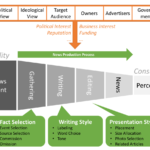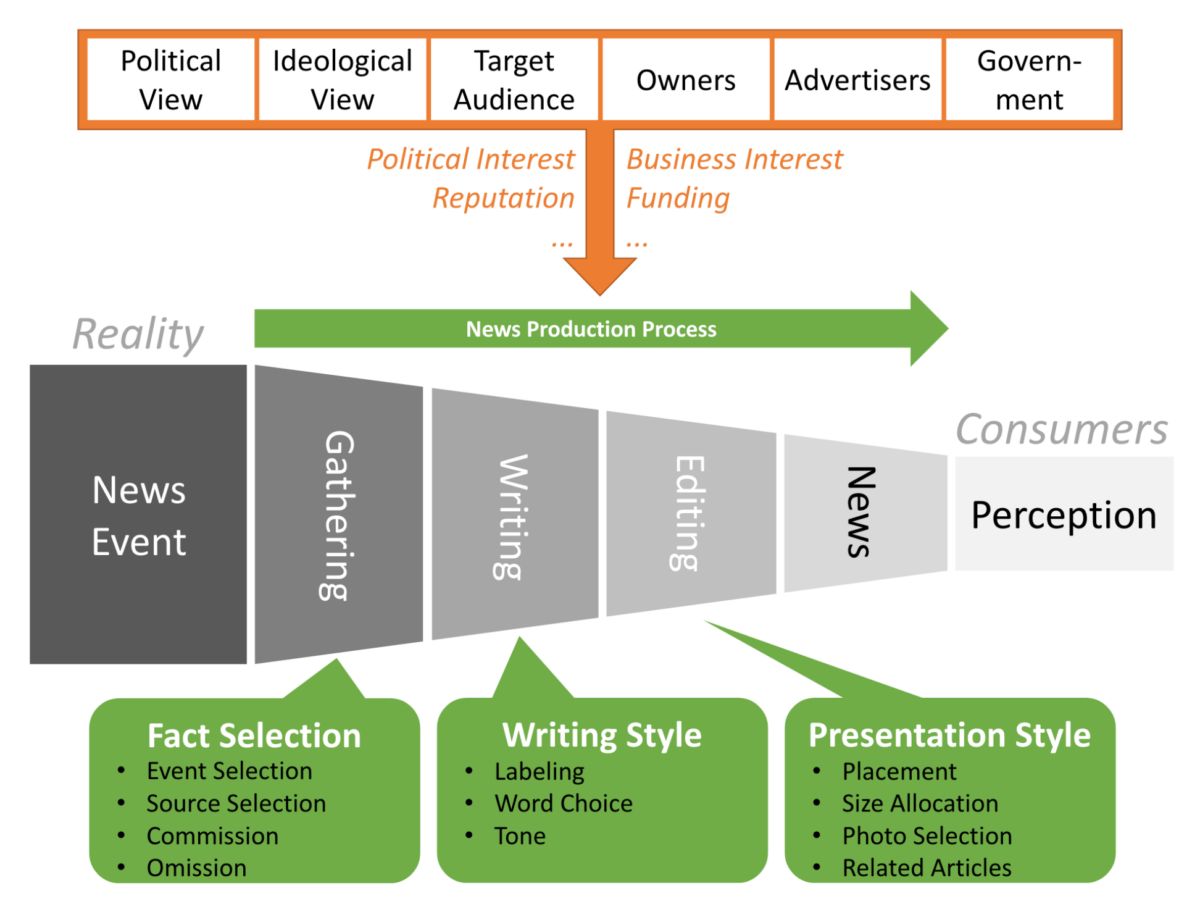In the world of securities regulation, the Securities and Exchange Commission (SEC) plays a pivotal role in ensuring transparency and fairness in the U.S. financial markets. One of the vital tools that the SEC provides to ensure compliance with financial laws is the Regulation D (Reg D) filing. Reg D filings serve as a fundamental aspect of private capital raising, enabling businesses to raise funds without undergoing the lengthy and costly process of a full public offering.
This article explores the intricacies of Reg D filings, their significance in the financial landscape, and why they are crucial for investors, businesses, and market professionals alike. By the end of this article, you will understand what Reg D filings are, how they function, and why tracking them can provide valuable insights for navigating the investment world.
What is Reg D?
Regulation D, introduced by the SEC under the Securities Act of 1933, governs exemptions from the registration requirements for securities offerings. Under the law, private companies can raise capital through the issuance of securities without needing to file a full registration statement with the SEC. Reg D filings streamline the process of capital raising, providing a pathway for startups, private equity firms, and other businesses to access funding quickly and efficiently.
However, even though these companies are not required to register their securities, they still need to adhere to specific filing and disclosure rules under Reg D. These rules are designed to protect investors by providing transparency about the companies raising funds, even if they are not subject to the same level of scrutiny as public offerings.
The Three Key Rules Under Reg D:
Regulation D consists of several rules, but the three primary ones that businesses rely on to raise capital without SEC registration are Rule 504, Rule 506(b), and Rule 506(c). Each rule outlines the conditions under which companies can offer securities without registering with the SEC.
Rule 504: Small Offerings
Rule 504 allows companies to raise up to $10 million within a 12-month period from accredited and non-accredited investors. This exemption is often used by small businesses, startups, and emerging companies to access funding without going through the formal process of a public offering. It provides a relatively low-cost way for companies to raise capital but does require some disclosures to potential investors to ensure they are not misled.
Rule 506(b): Private Placements
Rule 506(b) permits businesses to raise an unlimited amount of capital from accredited investors, while allowing up to 35 non-accredited investors to participate in the offering. However, the rule imposes certain restrictions, including that the company cannot engage in general solicitation or advertising to attract investors. It’s often used by established companies seeking private capital without the burden of a public offering or the need to register the securities with the SEC.
Rule 506(c): General Solicitation
Rule 506(c) allows businesses to raise an unlimited amount of capital from accredited investors, similar to Rule 506(b), but with one key difference: companies can engage in general solicitation and advertising to attract investors. This rule significantly expands the potential reach of private offerings by allowing issuers to advertise their securities to the public, provided they take reasonable steps to verify that all investors are accredited. This rule is increasingly popular among tech startups, private equity firms, and real estate ventures.
Importance of Reg D Filings for Investors and Market Professionals:
For investors and market professionals, Reg D filings offer a wealth of insight into private capital raising activities. These filings provide important details about the types of companies seeking funding, the amount of capital being raised, and the terms of the securities being offered. By tracking Reg D filings, investors can identify emerging investment opportunities, spot trends in the market, and stay ahead of the curve in understanding which sectors are attracting significant private investment.
Here are several reasons why Reg D filings are valuable for investors and market professionals:
- Early Access to Investment Opportunities
Reg D filings allow investors to gain early access to companies seeking capital before they go public or become widely known. Tracking these filings can help investors identify promising startups or growing companies that may offer significant returns once they mature or eventually go public. - Insight into Market Trends
By monitoring the volume and types of offerings under Reg D, investors can discern broader market trends. For example, if a particular industry or sector sees a surge in private capital raises, it may indicate a growing market opportunity or changing market dynamics. This can be valuable information when making investment decisions. - Understanding Risk and Regulatory Compliance
Reg D filings contain important information about a company’s risk factors, financial standing, and business operations. For investors, understanding these risks is critical in evaluating whether to participate in a private offering. Additionally, Reg D filings are a reliable source of information on how well companies are complying with SEC regulations and adhering to best practices in capital raising. - Investor Protection
While Reg D offerings do not require the same level of scrutiny as public offerings, they still carry protections for investors. Companies issuing securities under Reg D must adhere to the requirements of the exemptions they are using, and failure to do so could result in legal consequences. Tracking Reg D filings can help investors assess whether a company has followed all regulatory guidelines and whether the offering presents any red flags.
How Reg D Filings Are Reported:
When a company raises capital under Regulation D, they are required to file Form D with the SEC. Form D is a notice of exempt offering of securities that includes basic details about the offering, including the name and address of the company, the amount of money being raised, the type of securities being offered, and the exemptions under which the offering qualifies. Importantly, this form is not a registration of the securities being offered but a notification to the SEC about the private offering.
Form D filings can be accessed through the SEC’s EDGAR (Electronic Data Gathering, Analysis, and Retrieval) system, which allows the public to review filings from businesses across a range of sectors. Investors and market professionals can use tools like SEC Filing Data to monitor these filings and receive alerts about new offerings, updates on ongoing capital raises, and any changes to the terms of an offering.
The Role of SEC Filing Data in Monitoring Reg D Filings:
As an investor or market professional, having timely and accurate information about Reg D filings is crucial for making informed investment decisions. Websites like SEC Filing Data offer specialized tools that track, analyze, and provide alerts on SEC filings, including those under Regulation D. These platforms offer real-time updates and insights into various financial filings, including IPOs, M&A transactions, and other regulatory filings.
By subscribing to services that offer access to SEC filing data, investors gain valuable visibility into the private capital-raising landscape. This enables users to stay informed about investment opportunities, follow industry trends, and keep track of new developments in the regulatory space.
Conclusion:
Regulation D filings play a significant role in the private capital markets by offering companies an efficient means to raise funds while providing essential protections for investors. For those tracking investment opportunities and market trends, understanding Reg D filings is crucial. These filings provide transparency and insight into the companies seeking capital and the investors backing them.
With the assistance of specialized platforms like SEC Filing Data, investors and market professionals can stay ahead of the curve in identifying emerging opportunities and understanding the latest market movements. By monitoring Reg D filings, you can ensure you have access to the most current and relevant information needed to make informed, data-driven investment decisions.
In conclusion, Reg D filings are not just a regulatory requirement; they are a valuable tool in understanding the financial markets and uncovering investment opportunities that could yield significant returns. As always, due diligence and careful monitoring of these filings are key to navigating the ever-evolving landscape of private market investments.










